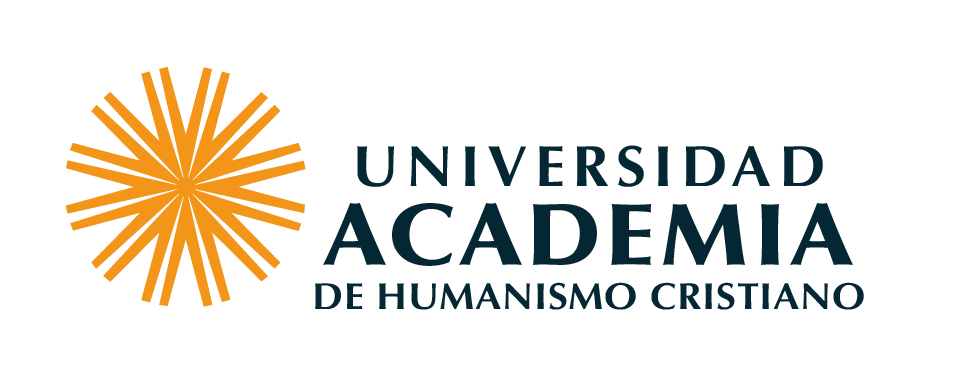Power increases the reliance on first-impression thoughts /
Arciniega, Luis
Power increases the reliance on first-impression thoughts / Pablo Briñol, Richard E. Petty, Maria Stavraki. - Madrid, España Fundación Infancia y Aprendizaje 2012 - p. 293-303
Revista de Psicología Social (España) 2012, vol 27 (3). pp. 293-303. Revista de Psicología Social (España) 2012, vol 27 (3). pp. 293-303.
The present research examines the effect of power in impression formation. In line with prior research on persuasion, we hypothesized that having power increases reliance on thoughts relative to being powerless. Participants in this experiment were first led to generate either positive or negative thoughts about a job candidate by providing them with a strong or weak vita. Following this manipulation, participants were instructed to remember episodes of their lives in which they either had power over others or others had power over them. Relative to powerless participants, those induced to feel powerful showed more reliance on the thoughts listed. As a consequence, the effect of the direction of the thoughts on subsequent judgments of the job candidate (including judgments of competence and warmth) was greater for participants with high, as opposed to low power. These results reveal for the first time that power can validate what people think about other people.
PODER
ACTITUDES
Power increases the reliance on first-impression thoughts / Pablo Briñol, Richard E. Petty, Maria Stavraki. - Madrid, España Fundación Infancia y Aprendizaje 2012 - p. 293-303
Revista de Psicología Social (España) 2012, vol 27 (3). pp. 293-303. Revista de Psicología Social (España) 2012, vol 27 (3). pp. 293-303.
The present research examines the effect of power in impression formation. In line with prior research on persuasion, we hypothesized that having power increases reliance on thoughts relative to being powerless. Participants in this experiment were first led to generate either positive or negative thoughts about a job candidate by providing them with a strong or weak vita. Following this manipulation, participants were instructed to remember episodes of their lives in which they either had power over others or others had power over them. Relative to powerless participants, those induced to feel powerful showed more reliance on the thoughts listed. As a consequence, the effect of the direction of the thoughts on subsequent judgments of the job candidate (including judgments of competence and warmth) was greater for participants with high, as opposed to low power. These results reveal for the first time that power can validate what people think about other people.
PODER
ACTITUDES
